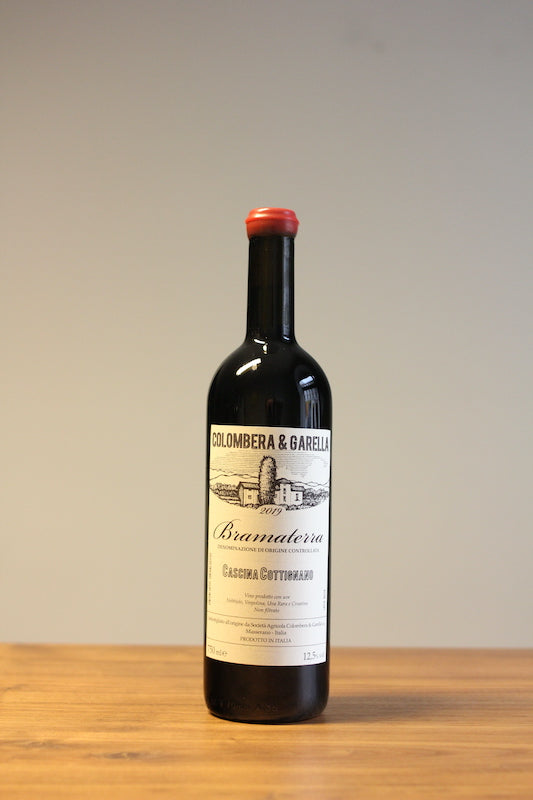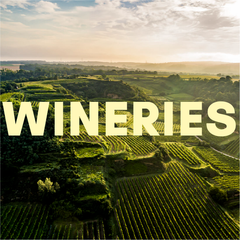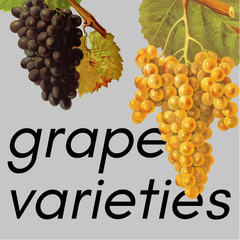Free shipping within Austria from € 99
Free shipping to Germany from € 120
Shipping costs within the EU
Payment methods
Colombera & Garella
Bramaterra 2019
Bramaterra 2019
Couldn't load pickup availability
Bramaterra: A Northern Classic
High up in the north, where Piedmont gently knocks on Switzerland’s door, lies Bramaterra, an ancient wine enclave with a winemaking history documented over centuries. Before Bramaterra was designated a DOC in 1979, the wine of the region was known as “Vino dei Canonici,” a nod to its great popularity among clergymen – never a bad sign. Bramaterra's grape varieties, always a blend predominantly of Nebbiolo with a touch of Croatina and Vespolina, thrive on hilly terrain at around 400 meters altitude. The soil here is rich in iron, topped with a fine layer of sand. The area’s relatively cool climate leaves a distinctive mark on the wines of Carlo, Giacomo, and Cristiano, giving them their characteristic style.
The Bramaterra was spontaneously fermented in cement cisterns and aged for over two years in used barriques, followed by an additional four months in cement to achieve perfect balance.
Style
Cool, juicy, and lively, yet compact, structured, and full-bodied—essentially everything one imagines in a classic, high-quality Nebbiolo. Aromas range from roses and thyme to cherries and cloves. On the palate, the tannins are gripping but the wine remains approachable, mellow, and rounded. Vibrancy, linearity, and lingering notes of fruit and pepper define the finish.
Technical Data
Grape variety: 70% Nebbiolo, 20% Croatina, 10% Vespolina
Plant protection: Only sulfur, copper, and preparations based on plant or animal substances, not certified
Vineyard: At about 400 meters on iron-rich soil with a marine sand layer
Harvest: By hand
Fermentation: Spontaneous | wild yeasts in cement cisterns
Aging: 2 years in used barriques, 6 months in cement
Filtration: No
SO₂: < 50mg/l
Alcohol: 12.5% vol
Closure: Natural cork
Drinking temperature: 15-17°C
Optimal drinking window: From now until 2035
Content and price per liter: 0.75 l / (€43.62/l)
All the winemakers listed at Vinonudo work in their vineyards with compost, organic fertilizers, and natural preparations, and refrain from using herbicides, pesticides, and synthetic fertilizers.
Share







